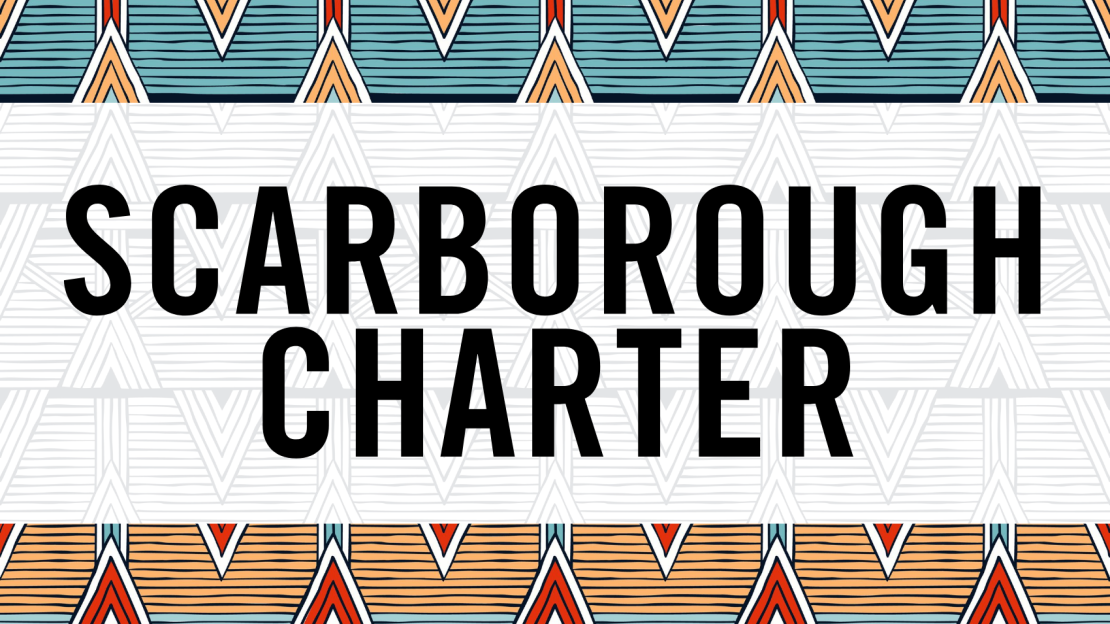A historic charter addressing equity and inclusion in Canadian post-secondary education is one important step closer to becoming a reality.
On Nov. 18, over 40 universities and colleges from across Canada – including the University of Toronto – will officially sign the Scarborough Charter, a document outlining a national plan of action to fight structural racism.
“This charter follows through on a promise we made last year, as a sector, to move from rhetoric to meaningful action in addressing anti-Black racism and to promote Black inclusion,” says Wisdom Tettey, U of T vice-president and principal of U of T Scarborough.
He says the charter is the result of a year-long collaborative process that started during the first National Dialogues and Action for Inclusive Higher Education and Communities held in October 2020. The two-day national forum focused on anti-Black racism and Black inclusion in Canadian higher education.
We are signing the Scarborough Charter so we can hold ourselves accountable to combating anti-Black racism and building more equitable systems.
Following the forum, an inter-institutional committee immediately got to work drafting the charter based on the perspectives, insights and conversations that took place. Then, in March 2021, partner institutions began consulting with their own communities and institutions for their feedback and input on the charter, a process finished this past summer.
“I’m delighted that Acadia University is signing the Scarborough Charter and being part of this inter-institutional forum. It’s been inspiring to work and collaborate with colleagues across the country to make the future a lot better than the past,” says Peter Ricketts, president of Acadia University.
While the only thing left to do in creating the charter is for partner institutions to sign, the work in fighting structural racism is only beginning, says Steven Murphy, president of Ontario Tech University.
“As universities we have much work to do in addressing anti-Black racism and ensuring we better reflect the Black communities we serve. The Scarborough Charter can act as a needed accelerant to working through these issues on our campuses, and in turn, in our communities,” he says.

The charter itself identifies key barriers to Black inclusion and approaches to identifying and responding to them. It also contains concrete actions and accountability mechanisms for institutions to deliver on their promise to make structural and systemic change.
The partner institutions wanted those mechanisms built into the charter as a way to maintain accountability, an important step in moving beyond rhetoric into taking meaningful action.
“We are signing the Scarborough Charter so we can hold ourselves accountable to combating anti-Black racism and building more equitable systems,” says Joy Johnson, president of Simon Fraser University.
“All Black members of the SFU community deserve to feel safe and included on our campuses, and we can—and must—take tangible action towards that goal. I’m heartened to see so many institutions making this commitment and excited to see the progress we make together.”
The charter launch and signing event takes place from 3 to 4 p.m. (ET) on Nov. 18 and will include remarks, comments from partner institutions, a panel discussion, and a Q & A segment with audience members.
Those interested in joining can register at bit.ly/3mX5QUp
